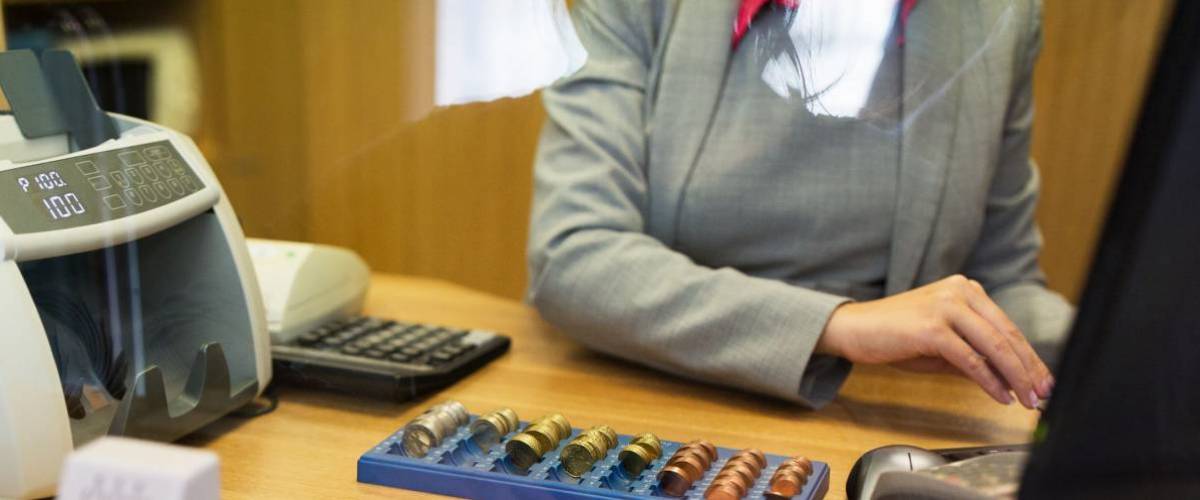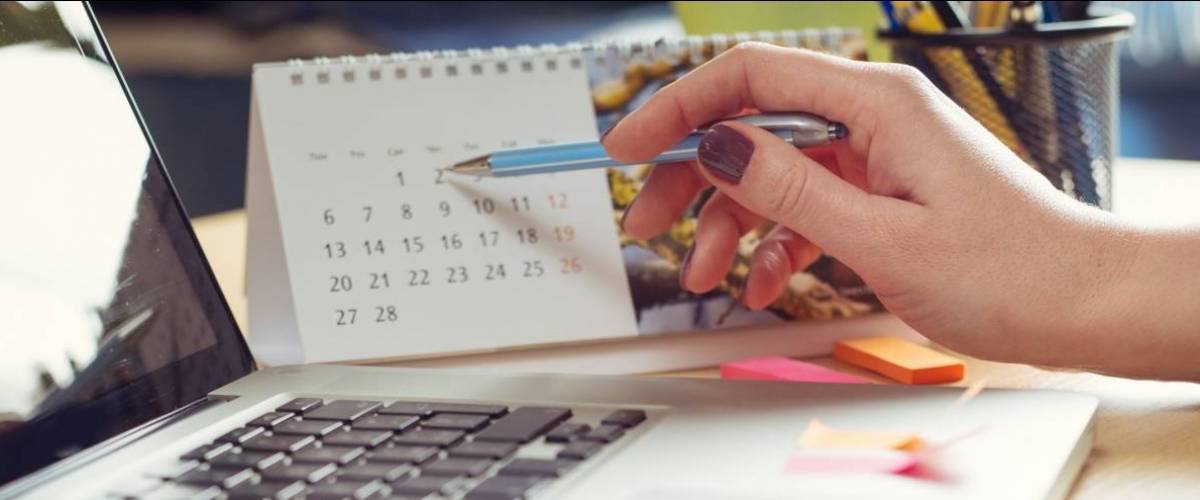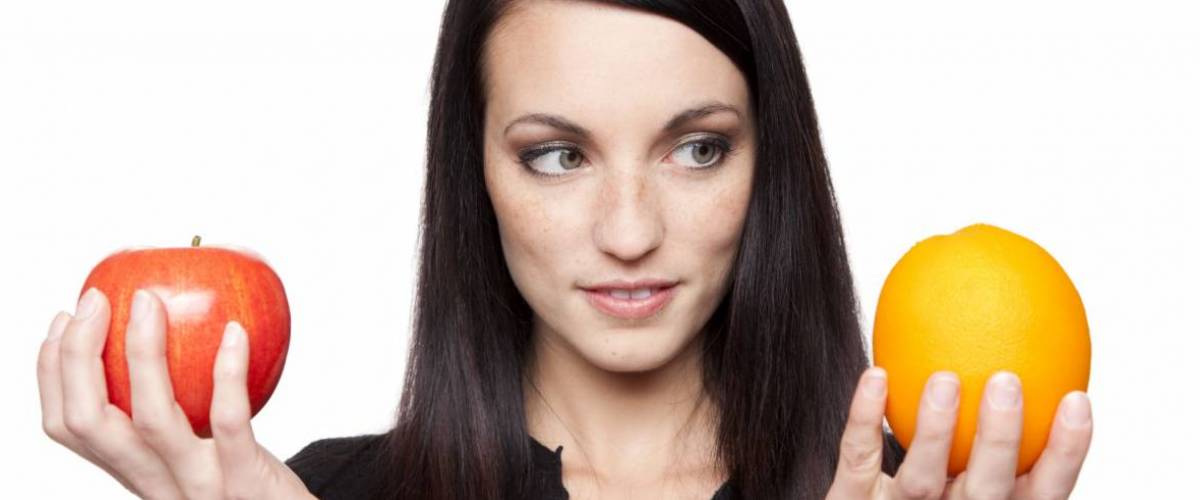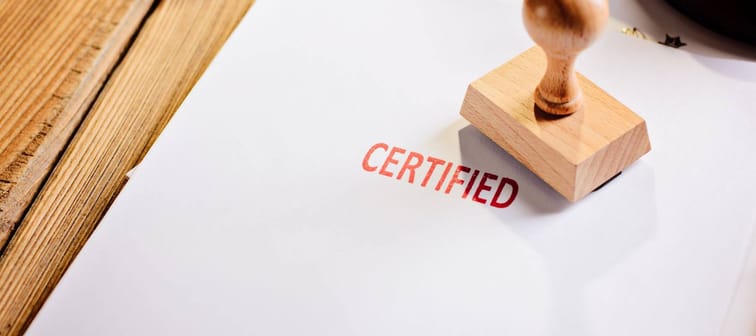What is a certified cheque?

A certified cheque (also known as a bank certified cheque) is a personal cheque that has been given the bank’s stamp of approval. The financial institution is essentially certifying that you have enough money to cover the amount on the cheque.
If the funds are in order, you will be issued a certified cheque and the money to cover the cheque will be put aside. Once the cheque has been issued, you won’t be able to use those funds for any other transaction.
When a recipient sees a certified cheque, he or she can be confident that the payment will go through without a problem once the cheque is deposited.
Empower your investments with Qtrade
Discover Qtrade's award-winning platform and take control of your financial future. With user-friendly tools, expert insights, and low fees, investing has never been easier.
Start Trading TodayHow to get a certified cheque

To get a certified cheque, go to your bank branch and request one from a bank teller. The teller will then look at your account and confirm that you have sufficient funds to cover the cheque.
Next, the bank employee verifies your identity and your signature, and earmarks in your account the amount of money written on the cheque.
The teller also may indicate on the cheque any special conditions, such as how long the cheque will be valid or how soon the full funds will be available once the cheque is deposited.
Once these basics are confirmed, you can fill in the cheque at the counter, as you normally write a cheque.
Finally, the bank teller will place a stamp, signature or other mark on the cheque to show that the institution has verified the funds.
Some banks charge a fee while others offer certified bank cheques for free to account holders. The fee can range from $10 to $15 or more, so make sure to ask beforehand.
How soon are certified cheque funds available?

A certified cheque is a secure payment option — but the money may take a few days to appear in the recipient's account after the cheque has been deposited.
However, banks know that the funds for a certified cheque are readily available, so they typically release at least a portion of the money within one business day. This is especially likely to happen if the cheque is deposited in person at a bank teller window.
For most banks, the first $5,000 is usually accessible right away — however, banks may put a hold on larger amounts.
Unexpected vet bills don’t have to break the bank
Life with pets is unpredictable, but there are ways to prepare for the unexpected.
Fetch Insurance offers coverage for treatment of accidents, illnesses, prescriptions drugs, emergency care and more.
Plus, their optional wellness plan covers things like routine vet trips, grooming and training costs, if you want to give your pet the all-star treatment while you protect your bank account.
Get A QuoteBank draft vs. certified cheque

While a regular personal cheque may bounce if the account holder doesn’t have enough funds to cover it, certified cheques don’t bounce — and neither do bank drafts. So, what’s the difference between a certified cheque and a bank draft? The biggest difference is that a certified cheque is a bank-certified personal cheque, whereas a bank draft is a payment guaranteed by a bank.
A certified cheque carries a guarantee that the money is in your chequing account. And when this cheque is deposited, that’s where the money comes from.
The teller prints a cheque in this amount, and it’s ready to be used by you. When the seller deposits the cheque, the funds are transferred directly from the bank. Another certified cheque vs. bank draft difference is that certified cheques are often used for medium-sized transfers, while bank drafts are used for larger transactions such as real estate purchases.
Whether you pay someone using a certified cheque or a bank draft, the recipient knows that the transaction is guaranteed by the bank and that the cheque should clear.
Watch out for fraud

Sellers who accept certified cheques as payment may think it’s impossible to fake such a secure transaction — but it’s not. Although you can usually trust certified and cashier’s cheques, it’s important to make sure any cheque is legitimate.
Read the cheque carefully and look for things like typos and grammatical mistakes in the printed portion of the cheque — because bank-issued cheques don’t have typos. Look closely at the bank’s logo, the spelling of the bank’s name and the colours used on the cheque. If anything seems unusual, don’t accept the cheque.
The best practice to avoid getting scammed is to call the bank and verify that there is a history of the transaction. Go directly to the bank’s official website and call one of the customer service numbers published online.
If there is any doubt about whether a cheque is valid, don’t deposit it. If it’s a bad cheque and it bounces, the bank will come back to you to collect any money that was withdrawn or spent, plus you’ll likely get hit with a fee.
Other alternatives to certified cheques
Certified cheques and cashier’s cheques are two examples of guaranteed funds that have been verified by a bank. But there are other certified payment options sellers should accept.
Other equally trustworthy payment methods include wire transfers, money orders and cash that comes directly from a bank account.
As long as you and the recipient go through reputable sources, any certified payment should be guaranteed to go off without a hitch.
Trade Smarter, Today
Build your own investment portfolio with the CIBC Investor's Edge online and mobile trading platform and enjoy low commissions. Get 100 free trades and $200 or more cash back until March 31, 2025.








